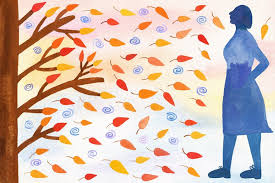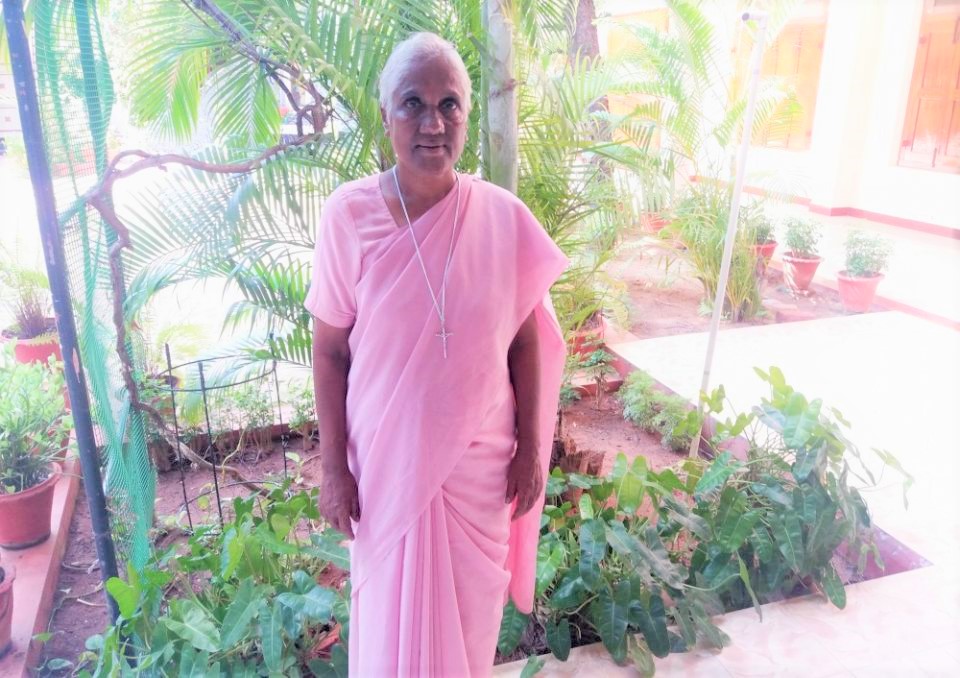
Freedom, and Our True Selves
Geez! I’m doing dishes, again! And now I have to go on a long trip because my spouse wants to. Tomorrow I have to skip work because my kid is sick. Next week, I’ll have to go to the birthday party of my brother’s wife, and I hate that. These are all hypothetical scenarios, but oh, what we do for love!
Some balk at it, viewing such “demands” as a curtailment of freedom and deciding that if love makes demands, it’s not worth it.
A similar dynamic plays out in love of God. A big difference is that we don’t see it that way. To many, religion is about diminishing our freedom and rules that aren’t in line with what we want to do or not do. For many, the definition of freedom, in fact, is doing what we want, and for them, doing what’s right keeps us from “being our true self.”
Other People’s Rules
The reality is that for people searching for God, trying to be Godlike is essential. But unlike the spouse characterized at the beginning of this blog, it’s not a matter of obeying “other people’s rules” but in reflecting the love we have for God and that God has for us.
The fictitious spouse resents having to do all those things for his spouse, being unimpressed with the demands that love inevitably brings. He’s much like the person who resents having to do what’s right out of love of God.
A parallel exists in families. There’s a stark contrast between the parents who try to balance their children’s freedom with a sense of responsibility and the parents whose philosophy is “My way or the highway,” or “Do it because I said so.”
Teaching and Modeling
I don’t believe “rules are meant to be broken,” but I believe teaching and modeling behavior that reflects love of others is preferable to strict rule enforcement. (Not that I always followed that as a parent. I wish I would have done so more often.)
Another parallel exists on a larger scale with what’s happening in the Catholic Church, of which I’m a member. I grew up in the world of mortal and venial sin in which you kept track of the number and gravity of your sins so you could confess them that way in the confessional. The presumption was, I believe, that that’s how God operated, that he “kept a list.” For many Catholics, the emphasis was on the punishment God would exact, not on God’s merciful love.
(This is no condemnation of the confessional, the Sacrament of Penance, by the way. The sacrament is a valuable tool for recognizing one’s failings and as a way to come closer to God. Contrary to critics, it’s not a matter of seeking forgiveness from a priest, but from God who is represented by the priest. “Can’t you do that without a priest?” some may ask. Of course, but the physical presence of another human being is, in my opinion, much more efficacious and satisfying.)
God’s Loving Kindness
In any case, the Second Vatican Council, held in the early 1960s, emphasized God’s loving kindness and mercy over punishment. That preference never caught on among many in the church, including many bishops and priests, and many of them blame the council for what they see as moral laxity among the faithful. The Council’s teaching, in my view, accurately reflects the Gospel, modeling the God depicted in the story of the Prodigal Son.
As in any family, there are always some Catholics who fail to be motivated by either love or punishment. In my opinion, their behavior can’t be attributed to the Council’s teaching but perhaps some of it can be attributed to the clergy’s failure to adequately teach what the Council teaches.
Acting out of love for another, in my opinion, is at the heart of what it means to strive to be God-like, a requisite in the search for God. Rules from the Bible and the Church aren’t a curtailment of our freedom but guides for accurately reflecting our love. They don’t stop us from “being who we truly are.” In fact, they mirror our true selves, reminding us of who we are.




